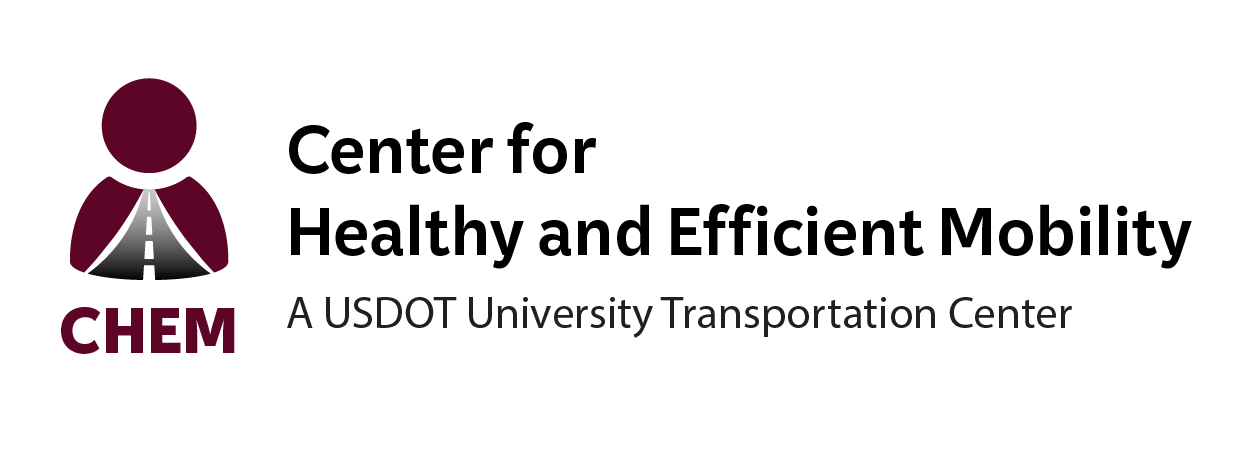Data Collection
Examples
Obstacles in Public Transport: What Solutions for People with Physical Disabilities?
In a study by Gervais (2019), the researcher explicitly stated that individuals with developed motor skills have easy access to public transport compared to individuals with disabilities. The study explained that reducing barriers in public transport will help provide people with motor disabilities easy access to health care services. The findings showed that those who used public transport had significantly improved motor skills compared to those who did not use public transport. The study proves that public transport can help people with motor skills disorders. This is an important finding as it can help to improve the quality of life for those with these disorders.
https://www.inclusivecitymaker.com/obstacles-public-transport-physical-disability/
